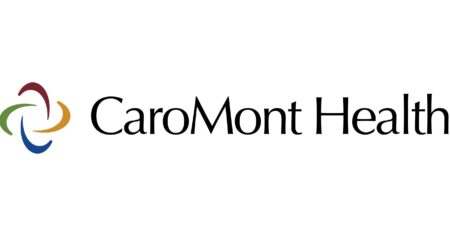Case studies: Medical & Healthcare
Morgue at CaroMont Health Adopts Matrix Mortuary Management System
Solution: LIMS
CaroMont Health

CaroMont Health is now using the Matrix Mortuary Management System to manage its hospital morgue. The new solution has eliminated the manual, paper centric, process for managing deceased through the mortuary, replacing it with an easy-to-use electronic system.
Integration with the hospital’s electronic medical records system enables patient records to be seamlessly transferred while barcode labeling allows an extra layer of identification checks to be performed before bodies are moved or released. The new solution has also enabled considerable efficiency improvements and resource cost savings.
CaroMont Regional Medical Center (part of CaroMont Health) in Gastonia, North Carolina, is the fifth largest in the Charlotte region. With a 435-bed hospital, it handles nearly 250,000 patient encounters annually. Their morgue also services Gaston County and handles approximately 1,500 deceased persons per year. These may be internal from the hospital or external from the community. The Public Safety team who run the morgue use the Matrix Mortuary Management System to accept and process the deceased, liaise with family and funeral homes, and arrange for the onward journey of those in their care.
CHALLENGES
- Paper ledgers used in morgue
- Transferring data from hospital records to morgue records was slow manual process
- Creation of management reports time consuming
SOLUTION

RESULTS
- Electronic records improve efficiency of the team
- Integration with EPIC hospital records system avoids re-entering patient data
- Barcode labeling provides extra security
- Morgue Management simplified, with easy extraction of data and report creation
"The new mortuary management system reduces individual processing time from 2-2.5 hours to 15-20 minutes, providing efficiency improvements and significant cost savings in the department."
CaroMont Health
Challenges:
- In a typical hospital morgue, managing the deceased in their care is a high priority for the Public Safety team that run it. The entire flow was managed with paper which was cumbersome and time consuming. Paper ledgers were used to manage the location and movement of bodies which made finding historic records difficult. Creating management reports, such as the number of deceased released in a particular period or extracting granular information about morgue census, was a manual process.
- The hospital holds all patient records within an EPIC Healthcare System but transferring that information to the mortuary was done with paperwork. Liaising with the hospital admin team for the electronic patient record in this manner took over two hours to complete for each new body entering the morgue.